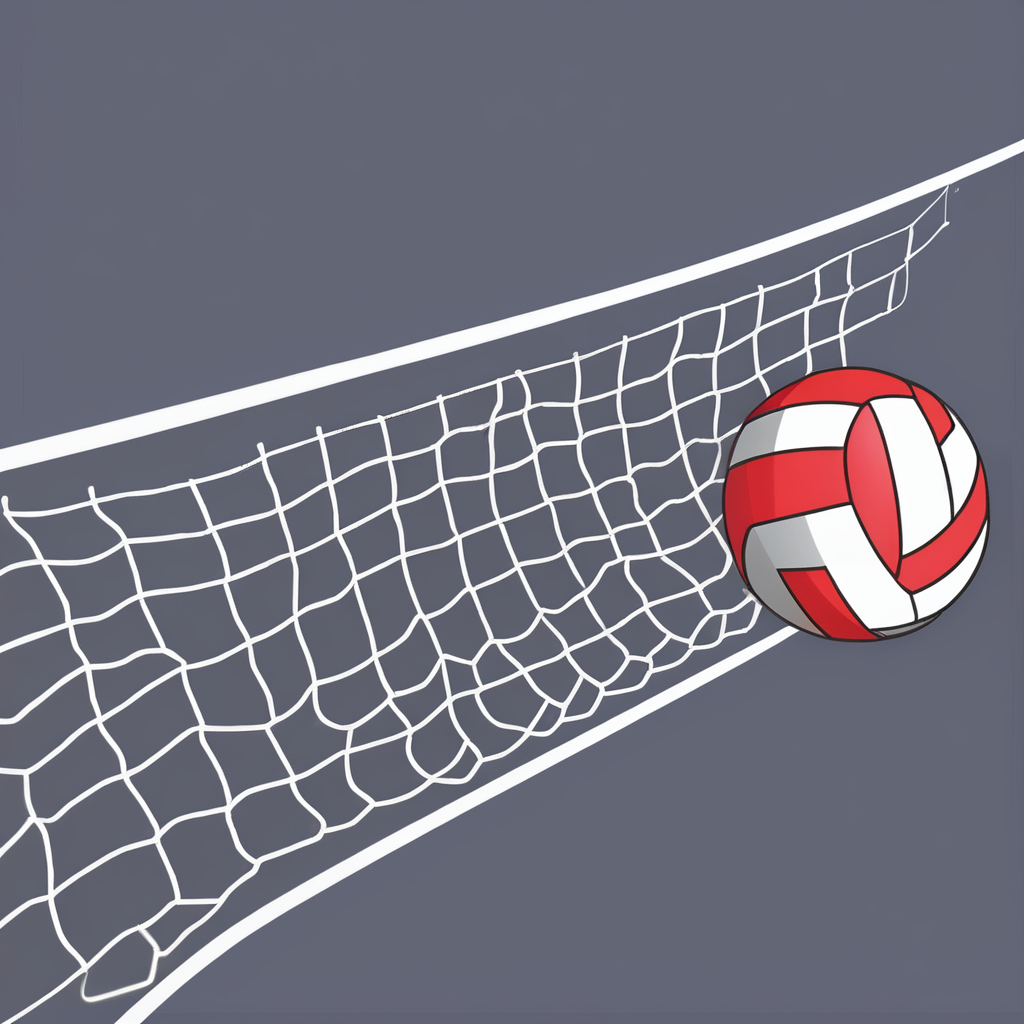Transformative Physical Benefits of Martial Arts Training
Regular martial arts physical benefits extend far beyond learning self-defense—they significantly enhance overall fitness improvement. Consistent practice improves strength and flexibility, as movements demand controlled power and dynamic range. Training routines involve striking, kicking, and grappling, which activate multiple muscle groups, resulting in greater muscular strength and joint mobility.
Cardiovascular endurance also experiences a marked boost. Martial arts sessions often include high-intensity intervals, pushing the heart to work efficiently over prolonged periods. Studies confirm that practitioners enjoy better heart health and stamina compared to sedentary individuals, demonstrating significant endurance enhancement.
In parallel : How Are UK Combat Sports Shaping the Future of Athletic Competition?
Practical examples include increased ability to perform daily tasks with less fatigue, better posture, and reduced injury risk. Many practitioners report feeling stronger, leaner, and more agile within weeks of consistent training. The physical transformation fosters not only a healthier body but also promotes confidence and resilience essential for sustained wellness.
This multifaceted improvement makes martial arts training an effective, enjoyable method to enhance fitness holistically while building both strength and endurance.
In parallel : How Are UK Combat Sports Promoting Youth Participation and Development?
Mental Resilience Gained Through Martial Arts
Martial arts are widely recognized for building mental resilience by fostering strong discipline and emotional control. Practitioners develop an enhanced ability to regulate emotions, maintain focus, and adhere to strict routines. This consistent practice sharpens concentration, laying the groundwork for effective stress management in day-to-day life.
One standout benefit of martial arts mental resilience is the reduction of stress and anxiety. Mindful breathing, repetitive movements, and meditation embedded in various martial arts cultivate a calmer state of mind. This holistic approach helps individuals handle pressure more calmly, translating to greater mental strength outside the dojo.
Moreover, martial arts nurture self-confidence by encouraging personal growth through measurable progress. Achieving new ranks or mastering techniques empowers practitioners to overcome challenges confidently. Increased self-belief gained through martial arts mental resilience equips people to face obstacles with poise, making them more resilient in everyday situations where confidence and discipline are crucial.
Scientific Research and Expert Insights
Scientific studies martial arts have consistently highlighted significant physiological and psychological impacts. Research shows that practicing martial arts enhances cardiovascular fitness, muscle strength, and flexibility. Beyond the physical, numerous studies demonstrate improvements in mental focus, stress reduction, and emotional regulation. These benefits underscore martial arts as a holistic activity contributing to overall well-being.
Expert opinions also emphasize resilience development through martial arts training. Psychologists and coaches agree that the structured challenges in martial arts foster discipline, adaptability, and perseverance. This mental toughness is crucial not just for sports, but in facing everyday stresses. Experts note that martial arts create a unique environment for building confidence and managing adversity effectively.
Key research findings support the transformative effects of martial arts on both body and mind. Longitudinal studies reveal sustained improvements in self-esteem and reduced anxiety levels. Such evidence confirms martial arts as more than physical exercise; they are a powerful tool for personal growth. Together, scientific studies martial arts and expert insights present a compelling case for their multifaceted benefits.
Real-Life Transformations and Success Stories
Real-life martial arts testimonials highlight remarkable transformation stories of both physical and mental growth. Practitioners often share how consistent training reshaped their lives, improving strength, discipline, and confidence. One common theme in many martial arts testimonials is the development of resilience—overcoming challenges in training translates into better handling of everyday stress.
These practitioner experiences come from a range of ages and backgrounds, demonstrating the accessibility and benefits of martial arts across demographics. For example, older adults report enhanced mobility and mental clarity, while younger practitioners describe boosted focus and self-esteem. Diversity in stories enriches the understanding of martial arts’ broad impact.
Long-term impacts, repeatedly noted in testimonials, include healthier lifestyle choices and improved emotional regulation. Many discuss how martial arts training instills habits that extend beyond the dojo, fostering perseverance and respect. By exploring these transformation stories, readers can see the practical, holistic benefits of martial arts in real life.
Actionable Tips for Beginners Starting Martial Arts Training
Starting martial arts training can be both exciting and challenging. The key to success lies in choosing the right discipline that matches your interests and physical abilities. Consider what you want to achieve—whether self-defense, fitness, or competition. Setting achievable goals prevents overwhelm and builds confidence. For example, commit to attending two classes per week or mastering basic techniques within a month.
A balanced training routine combines skill practice, strength conditioning, and flexibility exercises. This approach helps avoid burnout and injury. Mixing different training elements keeps sessions engaging and supports overall improvement.
Maintaining motivation is crucial for beginners. Tracking your progress through a training journal or app can highlight small victories and areas needing work. Celebrate milestones, such as improved form or endurance, to stay encouraged.
Building resilience is an essential part of martial arts. Accept that setbacks are natural; use them as learning opportunities rather than frustrations. Consistency over time will yield the best results. For tailored guidance, explore comprehensive resources focused on martial arts tips for beginners. This proactive approach ensures you start training strategically and enjoyably.
